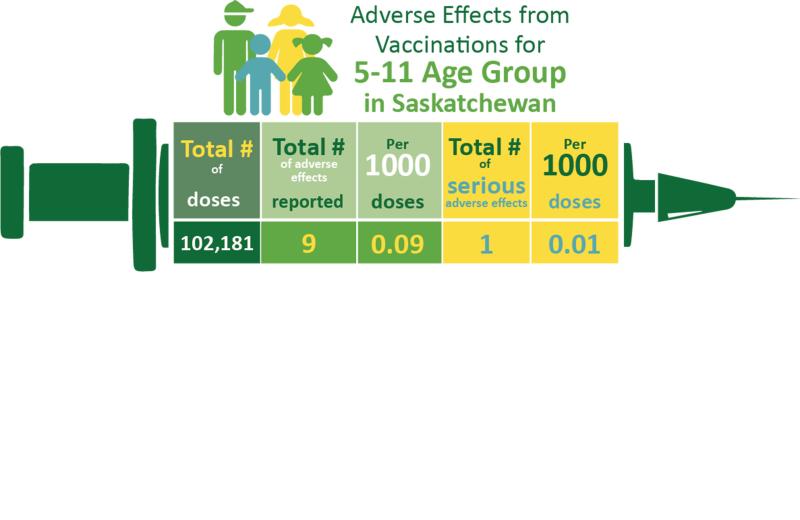COVID-19 Vaccines: The real measure of a vaccine
We’ve been talking about vaccine “efficacy” ratings since December of 2020, when the COVID-19 vaccines became available, but what do these numbers really mean? If one vaccine has an efficacy rating of 94 per cent, it must be better than the one with a 91 per cent rating, right?
Actually, no. Vaccine efficacy is a measure of how well a vaccine protects against infection during clinical trials using tens of thousands of participants. The calculation used to determine efficacy is the same for all vaccines. However, with the COVID-19 vaccines there was no way to compare vaccines one-to-one based on an efficacy rating, because the trials were held at different times and in different parts of the world, with different sets of data collected, so they don’t share the same conditions.
The efficacy rating is useful to relay what happened during a clinical trial, but it’s not the purpose of a vaccine. The goal of a vaccine is to reduce hospitalization and death, not to prevent any infection at all – no vaccine is 100 per cent effective against infection.
ALL of our COVID-19 vaccines are effective at preventing serious illness and death.
Waiting for the development of a “better” vaccine that could possibly prevent infection only extends the amount of time you are at risk from catching COVID-19 or a variant, and potentially becoming seriously ill. Our current vaccines all prevent serious illness and death from COVID-19.
While vaccine research is ongoing, more studies are beginning to emerge showing the real-world effectiveness of the COVID-19 vaccines. One study looking at data from 14 countries from August of 2020 to October of 2021 showed that both the Pfizer and Moderna vaccines prevented serious illness or death in fully vaccinated people over 91 per cent of the time. Another recent study, from the Centers for Disease Control and Prevention, tracking the effectiveness of vaccination on children aged 5-17, showed that two doses of the Pfizer vaccine provided 73 – 94 per cent protection against the Delta variant. While more data is needed on the effectiveness of vaccines on the Omicron variant, the report showed that a booster dose for children aged 12 and older increased vaccine efficacy to 81 per cent.
There is still some concern, particularly from parents and caregivers, about vaccine side-effects. Any vaccine may have side effects, but most are mild and temporary, such as a mild fever or soreness where the needle went in. There is a possibility of a serious side effect, but those are rare. Your chances of becoming very sick, or dying, from COVID-19 disease is much, much higher than having a serious side effect from the vaccine. As of Feb. 27, 2022, side effects for children aged 5-11 in Saskatchewan were 0.09 per 1,000 vaccinations, and serious side effects were 0.01 per 1,000.
Don’t hesitate, vaccinate!



